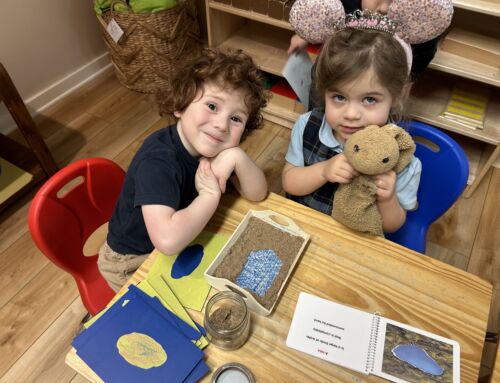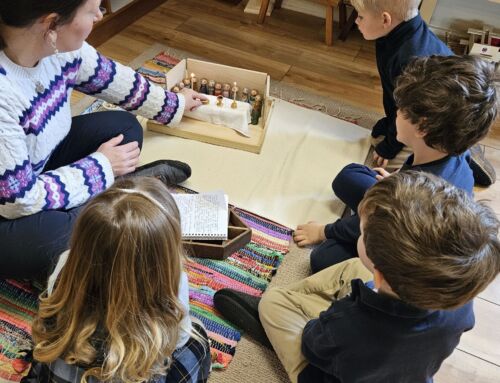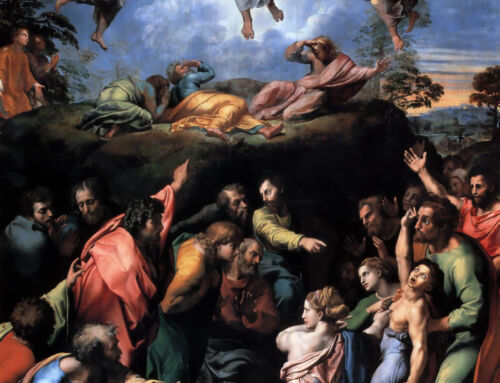At the beginning of my freshman year of college at Bridgewater State University, I went on a field trip to a local artists’ studio for my art history class. Her studio was filled wall to wall with religious art, mostly depictions of Our Lady holding Our Lord close to her heart.
One of my classmates asked her, “Are you Catholic?”
“Not at all!” the artist remarked. “But there is something that draws me as a mother myself to the depictions of the Madonna and Child. And Confession! I love the idea of being able to get rid of something…”
This interaction of a woman looking at our faith from the outside in, stuck with me for a while. I concluded that it was only natural for our souls to be so drawn to centuries old icons of the simple beauty of a mother holding her child. It was only natural for us as little children in the eyes of the Father to want to run into His arms for His unconditional love and mercy whenever we fail to love and be merciful ourselves. This is the exact imagery that occurs when we participate in the sacrament of Confession.
Yet, at a certain age, a switch flips in us when we sin. We feel shameful and unlovable. We no longer have that child-like dependency on the Father. We wish to hide as our first parents did back in the Garden.
It is there that the conniving serpent tricked Eve into thinking that God is withholding something great from her by asking, “Did God say you may not eat of any tree in the garden?” Notice how he twists the words of the Father by painting Him as an unreasonable tyrant. The Devil plays the same trick on us every time we sin. He convinces us that God’s rules are unreasonable and that the Father is holding something back from us. The Devil is quite amusing if you think about it. Before we sin, when he tempts us, he convinces us that it is such a small sin that God wouldn’t really mind. Or that it is a petty rule anyway. But after the deed is done, he flips the script and tells us that we have done is so big, shameful, and disgusting that God could never forgive us.
This, I believe, is why so many Catholics fear confession. They fear the judgment of the priest. They believe what they have done is too weird, too disgusting, or too big to confess. They have lost what it means to be a child who knows that their mom and dad will scoop them up in their arms and love them no matter what they have done.
But it is during this sacrament, that something happens in us, a metanoia (complete change) occurs in our soul. Every time we encounter Christ in the sacraments, it has the power to change us, whether we initially “feel” it or not. The grace from confession goes beyond our fleeting emotions. It is a grace that occurs deep in our souls.
It is so vital then, to teach our children that no matter how far we have strayed or what we have done, there is nothing we can do to make the Father stop loving us. For it is in our moments of failure, that the Father wishes to love us most. He stands at the door of hearts and knocks, waiting for us to give our answer. It is up to us to open up to Him.
AUTHOR: Ellie Packer, PK Assistant Teacher
[learn_press_profile]







